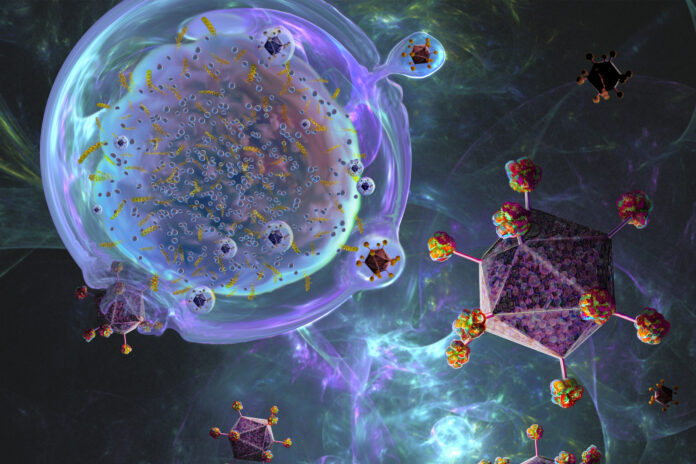
Results presented at this year’s American Society of Clinical Oncology (ASCO) meeting confirm positive Phase II results for British biotech Autolus Therapeutics’ autologous CD19 CAR T-cell therapy for treating B-cell acute lymphoblastic leukemia (B-ALL), which is designed to have better T cell persistence and less T cell exhaustion than other similar therapies.
The results of the full trial analysis, presented at the conference by Claire Roddie, Consultant Hematologist and Honorary Senior Lecturer, Cancer Institute, University College London, confirm those from an interim analysis of the first 50 patients enrolled in the trial, which was reported last year.
Overall, 112 patients with relapsed/refractory adult B-ALL were recruited and 94 were given obe-cel. The results show 76% of the patients treated with the cell therapy achieved a complete response or a complete response with incomplete hematological recovery.
The majority (97%) of patients who responded to treatment and had samples that could be evaluated went into remission with no observable signs of disease. This continued in 61% of the group that initially responded after a median of 9.5 months follow-up.
Obe-cel is designed to have fast-off, controlled T cell activation, resulting in longer lasting therapeutic results and also a lower level of cytokine release and better T cell persistence, reducing toxicity and T-cell exhaustion.
The results from the trial confirmed reduced toxicity, with severe (grade ≥3) cytokine release syndrome only seen in three patients out of 94 and immune effector cell-associated neurotoxicity syndrome (ICANS) was only seen in seven patients in the treatment group. Those who did experience these serious adverse events had a higher cancer burden on enrollment.
“We are very encouraged by the outcome of the FELIX study. Obe-cel shows low immunotoxicity, high complete remission rates and excellent CAR T expansion and persistence in adult B-ALL,” said Roddie in a press statement.
“These data are consistent with the prior ALLCAR19 study and suggest that obe-cel has the potential for long-term clinical benefit in adult B-ALL patients without additional therapies.”
The company also notes that manufacturing of the CAR T-cell therapy was reliable and product was obtained for 94% of patients, with a median turnaround from T cell extraction to release of 21 days.
“With the Nucleus, our commercial manufacturing facility, well advanced in validation we look forward to submitting a BLA [Biologics License Application] towards the end of this year and are working with the FDA to get obe-cel to patients as soon as possible,” said Christian Itin, CEO of Autolus.













